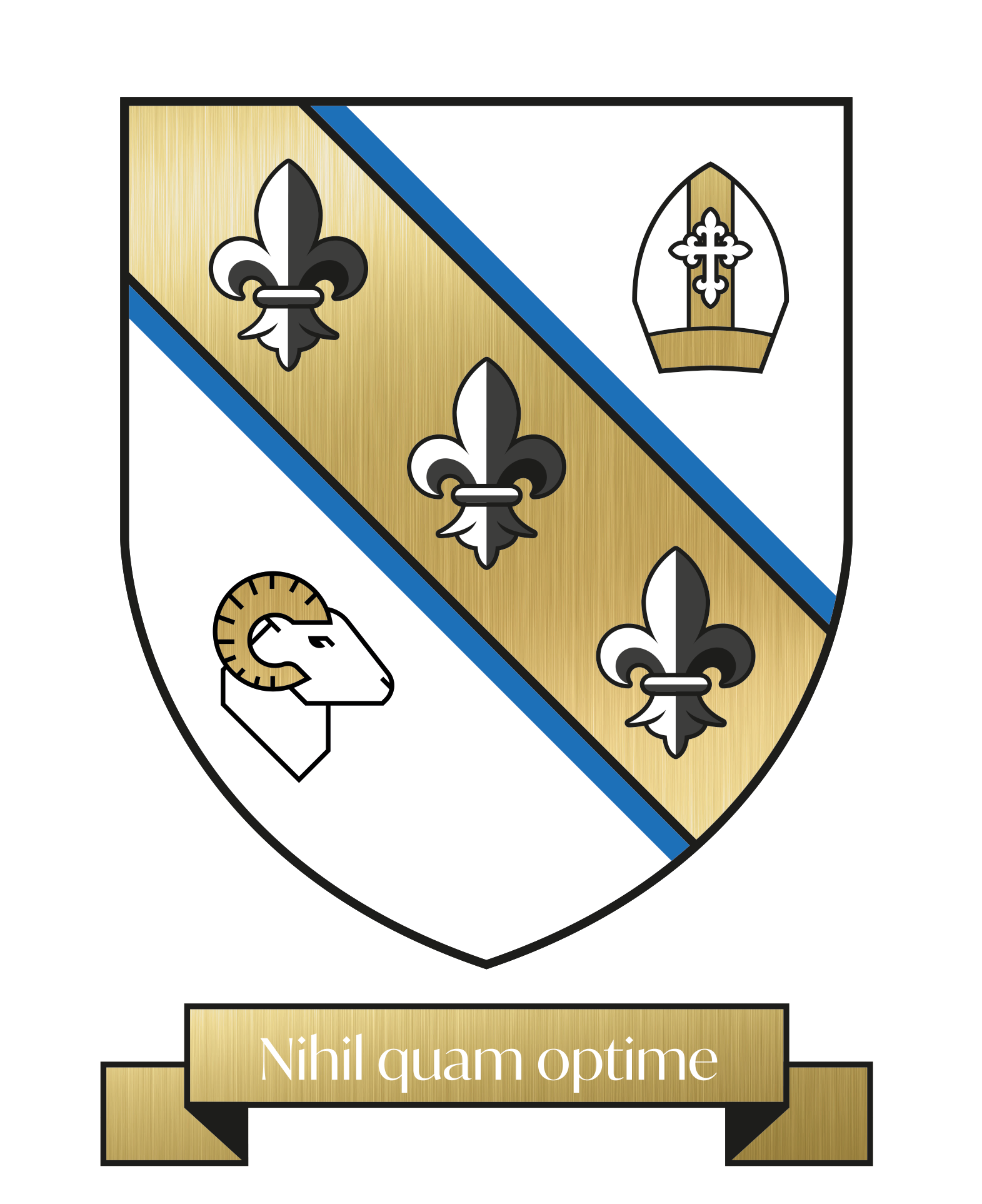Social Media Safety
Social Media is playing an ever more influential role in young people’s lives. When used safely and responsibly, it can be a valuable social tool, but it also carries dangers. Children across England and Wales are increasingly at risk; the statistics are worrying and becoming more worrying each year. In 2020, an estimated 1 in 20 children met up with someone they have only spoken to online, and activities such as ‘sexting’, cyberbullying and sharing sexual images are becoming increasingly common amongst children. Many children are unaware of how easy it is to commit a criminal offence by sending offensive or indecent messages, or that their parents can be held legally accountable for their child’s misuse of social media.
At Chulmleigh College, we are taking steps to ensure that our pupils know how to use social media safely. With age-appropriate education and support, we ensure our pupils are able to recognise and avoid the dangers that social media can present, and we take care to ensure that our pupils know what to do if they do have any concerns. By following a few simple guidelines, young people can help themselves to stay safe online, and parents, more than anyone else, have a crucial role to play in keeping children safe online.
The College’s Social Media Home/School Agreement contains the College’s commitments and expectations in relation to social media and online safety. The links below contain helpful information, including links to our pupil safeguarding team, our policies, online resources, and details of how to report any concerns.
If you have any concerns about online safety, please speak to our Designated Safeguarding Lead (Mr N Payne), or the Deputy Designated Safeguarding Lead (Mrs L Miller-Marshall).
Useful information from the Chulmleigh Academy Trust website
Pupil Safety
Acceptable Use Policy
ICT Policy
Safeguarding Policy
External advice and information for parents and pupils
Childline – Staying Safe Online
KPMG – Get Cyber Smart
Internet Matters – Social Media Safety
Reporting concerns - external agencies and helplines
Grooming or other illegal behaviour: CEOP
If you want to report someone who is behaving suspiciously online towards a child, in an emergency you should contact the emergency services by calling 999, or otherwise make a report to CEOP, the Child Exploitation Online Protection Centre.
Hate speech. Online content which incites hatred on the grounds of race, religion, disability, sexual orientation or gender should be reported to True Vision.
Help or advice for young people
Childline. A free confidential 24/7 helpline for children and young people. You can call 0800 1111 or chat online here. Childline is run by the NSPCC.
The Mix. A free confidential helpline for young people under 25, open 11am-11pm every day. Tel 0808 808 4994 or chat online.
